 Visit Elective Africa website Visit Elective Africa website
|


|
|
|
| 7 Best Mobile Apps to have while Travelling to Africa |
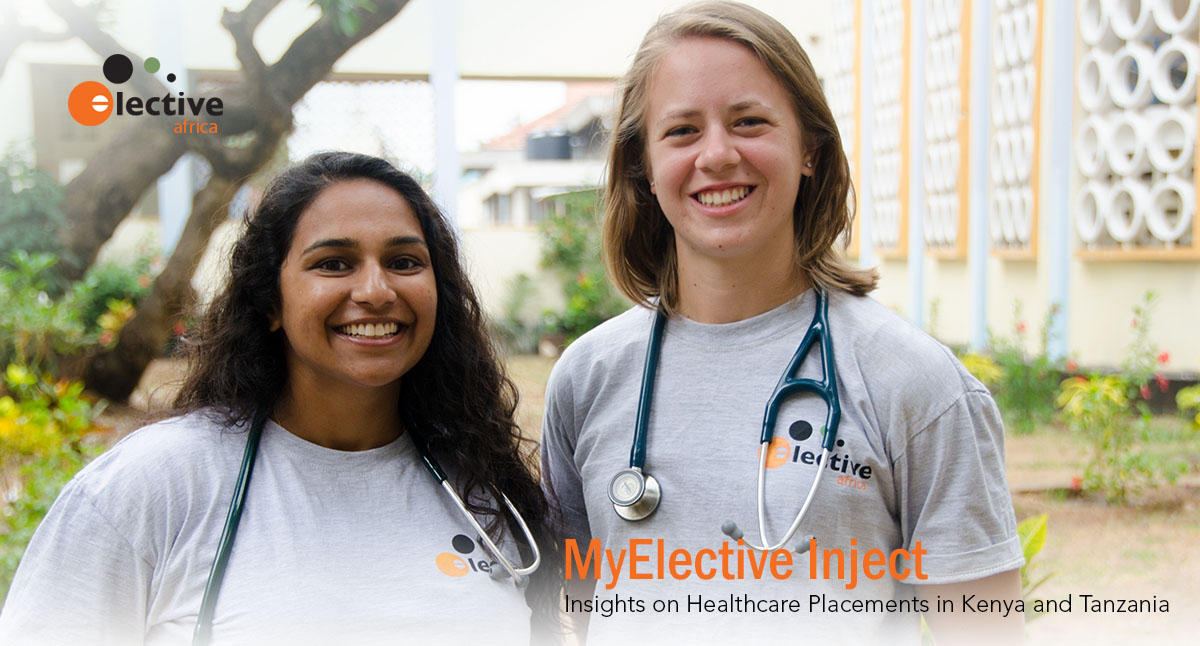 |
|
It has never been easy settling down for a destination to visit. A lot of research go into play before one can settle down on where to go and what to do. In this issue we outline a number of things to consider before you can settle for a particular destination. Travelling doesn't need to be a complicated and hectic affair not when you have these 7 apps to help you in your visit and stay in Africa. You also don't want to miss on Dr. Nelly's piece on why breastfeeding should be the norm and not a privilege. Is there an area you would like us to focus on? is there a topic that interests you and that you would like to guest write for us. Reach out to us to speak about it. Back to top |
| A Trip Worth the Spend |
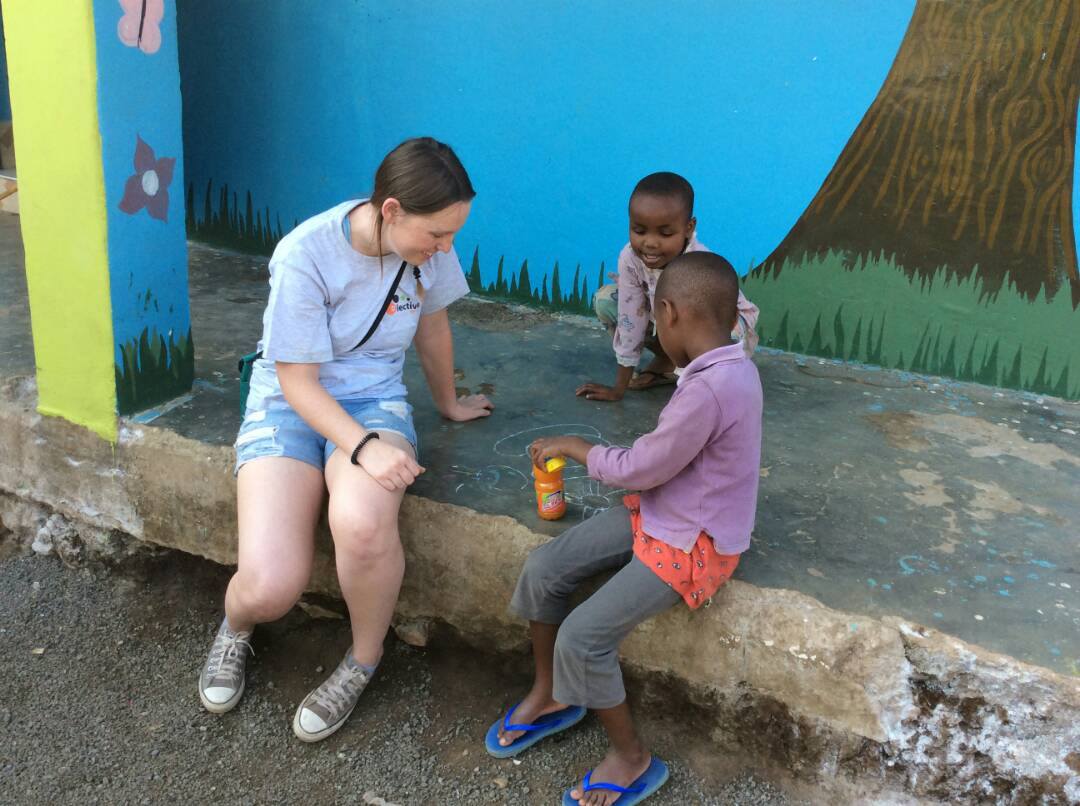 |
|
Elective Africa allowed me to make a real difference in Arusha. I was able to shadow in many different areas and do many things I never could have done back home.This experience has changed me in more ways than one and I will remember it for the rest of my life. I highly suggest volunteering abroad and doing so with Elective Africa. Marlee Rowe is a student at Missouri State University. She undertook her Pre-PA Internship Abroad at Levolosi Health Centre in Arusha, Tanzania. Read more stories at www.electiveafrica.com/testimonials Back to top |
| How Much do you Know about your Placement Destination? |
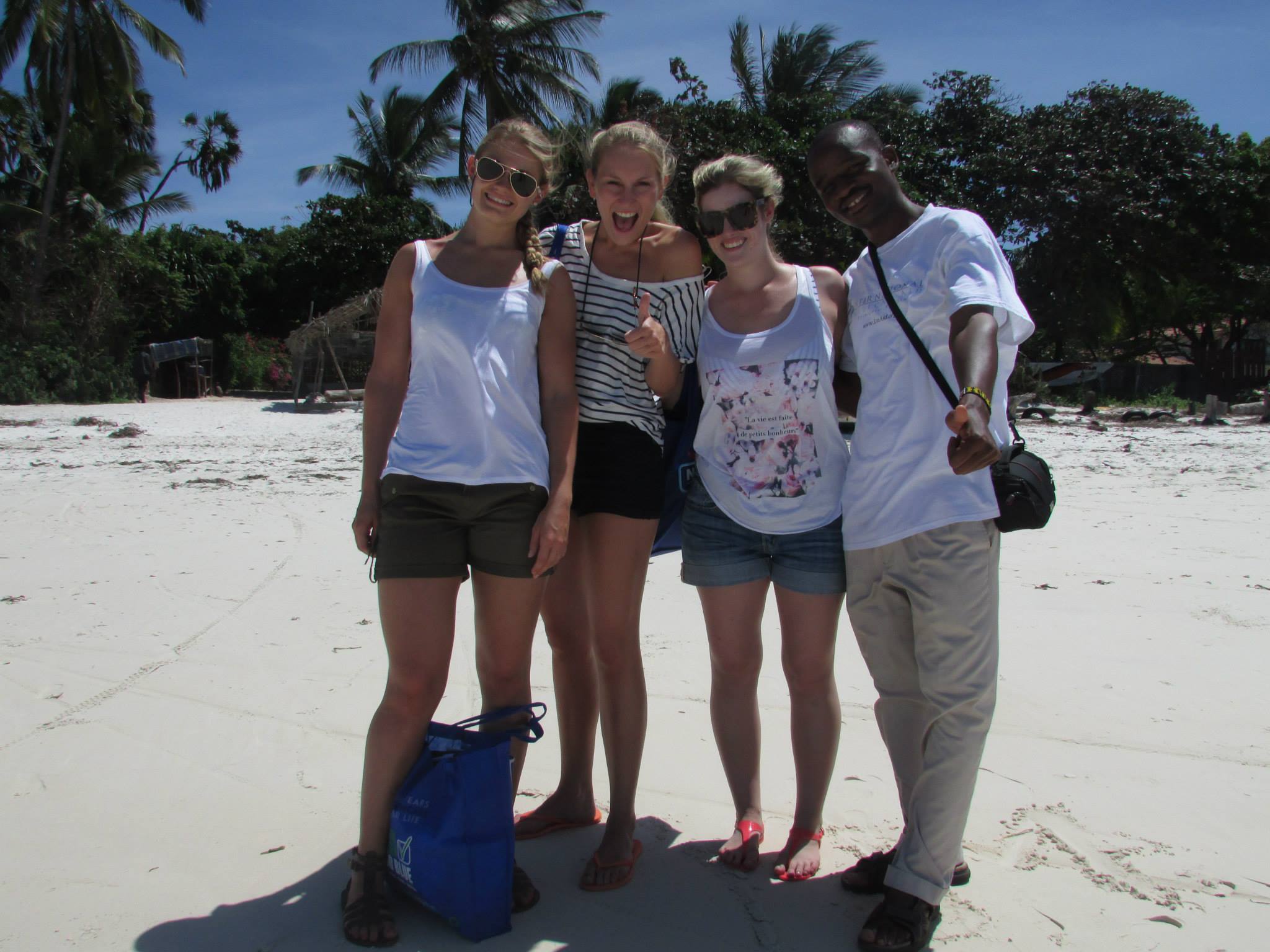 |
|
An Elective Abroad opportunity brings with it a chance to experience unique healthcare in a different country. This comes with the different cultural beliefs and healthcare delivery. For instance in Western Kenya, some communities like the Bukusu regard giving birth to twins as a bad omen and one of the twins has to be killed or the mother sent away. Most communities in the country also practice circumcision, which is regarded as a right of passage from childhood to adulthood. In the past, the removal of the man’s foreskin was done the crude way and using crude tools that with time was advised against due to transmission of HIV/Aids. This led to the introduction of circumcision services in government hospitals to ensure that transmission of communicable diseases are prevented. This and many others are unique to Kenya and most East African Countries. Experiencing medicine in a different system as your country’s gives you a greater understanding of the social perspectives of medicine.
Your well being during your elective abroad should be carefully calculated with the rewarding experience that you would gain in that particular destination. In as much as you are never 100% sure of your health and safely abroad, there are certain measures you should put in place to minimize such incidence. When using a placement provider, it is important to analyze what policy they have to ensure that you are safe on your placement. It is for that same reason that Elective Africa has in place extensive pre-departure support where you will be guided on particular areas touching on your Health and Safety Abroad.
Destinations differ. There are a number of continents/countries you can opt for. From the USA, Canada, Australia to developing countries including Sub-Sahara Africa and Kenya or Tanzania to be specific. Whatever you decide to go on with, heed to certain consideration. Over the years, some of our electives/prehealth shadowing participants have opted to do their placement in rural Kenya. Some have opted for the most popular, Coastal Kenya due its potential to provide a great placement as well as an opportunity to relax on the beach and volunteer during one’s free time. Despite the fact that the hospitals are in Kenya, the settings, risks and learning experiences are quite different.
Remember electives can be done in ones country, but when done abroad it offers the opportunity to experience healthcare in a different cultural and organizational setting and to see diseases that are rarely, if at all encountered in your country. Local electives are great but not as the life defining experiences you get to have by undertaking a placement in the Coastal Kenya, Rural or urban setting in Arusha.
Why am I taking this elective? Is a question that will guide you on the destination you want? Is it pure holiday, some real medical experience or a combination of the both?
‘In my opinion, having clinical attachment in developing countries is the best experience in medical school. The health care system and diseases in developing countries are entirely different from that in developed countries. It would be the best chance for me to learn tropical disease and HIV related diseases in Kenya. If I have elective in other countries e.g. England, I could not appreciate the difference of health care facilities and resources between Hong Kong and developing countries ~ Wong Chrisity, The University of Hong Kong
‘My four weeks at Mt. Meru Regional Hospital OBS&GYN Department have been an incredible learning experience. The doctors and staff have been welcoming and willing to teach. The department is extremely busy and there are lots of opportunities for hands on including deliveries ~ Elyssa Metas, University of Arizona
‘When I decided to go to Mombasa, Kenya with Elective Africa, I had three years of medical training under my belt – one of which was clinical work. I was excited by the possibility of experiencing a culture much different from my own, and being able to provide care to patients in a limited resource environment. Culture shock is something you cannot prepare for, but must simply embrace and enjoy the experience. I don’t specifically remember why I chose Mombasa, but I can tell you it was a good choice. Mombasa is a busy, friendly, exciting and beautiful city. There are beautiful beaches to explore. There are a number of restaurants and shops to see. The people of Mombasa are hardworking and welcoming’ ~ Dr. Bryanne Robson Still not sure where to go? Our Placement Advisors will be willing to take you through at www.electiveafrica.com/contact Back to top |
| 7 Best Mobile Apps to have while Travelling to Africa |
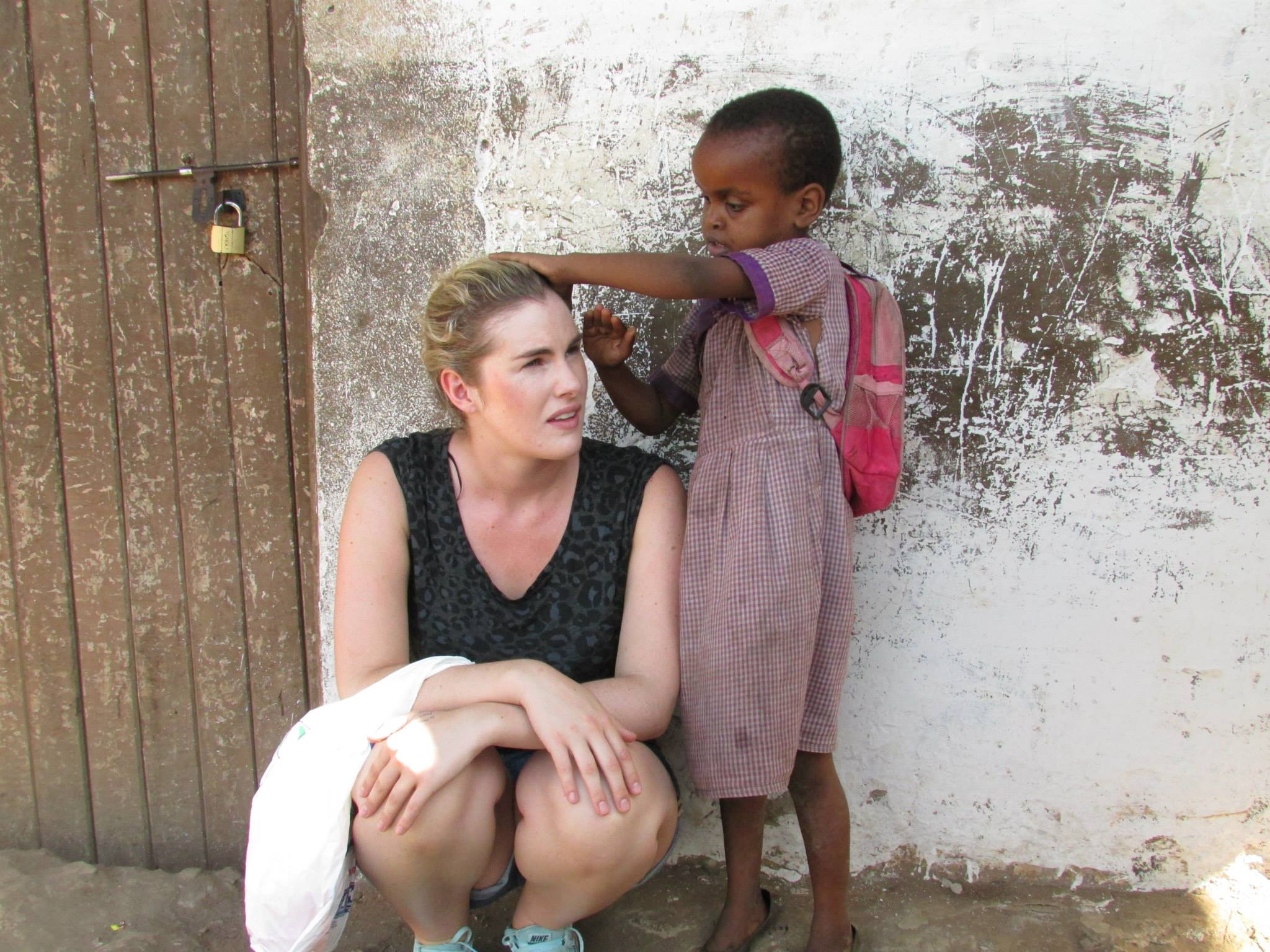 |
|
Travelling abroad is both exciting and scary. Exciting because you will get to meet new people, see new scenery, cultures and health systems. But scary because of the uncertainty. Where will I sleep? What if I don't understand their language? Where can I go during my free time? The questions are endless. At the end of it, you will only appreciate the chances you grabbed and will be glad you did. It is no wonder, Elective Africa ensures you get an extensive pre departure support and 24/7 unground support. Advancements in technology is also making it easier for you to have that dream trip experience. With your smart phone here are top seven mobile apps you can download to help you on your trip abroad Google Trips made a name for itself in the travel space with their flight function. One can access reservations details by creating a Gmail account. They relative use of use has increased its popularity. In addition to offering suggestions to popular tourist’s destinations such as Masai Mara National Park in Kenya, it goes further and offer suggestions to off beaten attractions in Africa such as Kidepo Valley National Park in Uganda. Trip Advisor enables you to unleash the full potential of every trip. With more than 535 million reviews and opinions covering the world's largest selection of travel listings worldwide (accommodations, airlines, attractions, and restaurants) you are ready for that trip. Tinder is one of the most used travel app due to the innovation employed in its design. It might not be the most conventional way to meet people in a new city, but many use dating apps like Tinder to make connections while on the road. If the idea of meeting up with a stranger in a new locale is scary, it can also be a great tool to get a feeling for a place. For groups, the social feature allows groups of friends to connect with other groups over the app. Guides App by Lonely Planet offers a great way to plan a trip to a new city. The app allows the user to download one for free before hitting the streets, so no need to use data if you’re traveling abroad. The app is known for budget travel recommendations and quirky cafes. Lonely Planet does an amazing of providing sightseeing suggestions as well as local hot spots. They have a bevy of local and expat authors writing for them, so their suggestions are well informed. Google Maps makes your life even easier. And if you are afraid of getting lost like me, this could be your answer. Google Maps allows you to look at street maps, decide between routes, locate businesses and even navigate streets in 3D. Google Translate - Even with your way around the city, sometimes language barrier can be such a headache. It's even worse when things like restaurants and road signs are named in a language you are not familiar with. Google Translate is your talk partner. It instantly translates words, phrases, and web pages between English and over 100 other languages. What makes it even more interesting is it allows you to take pictures of text for higher-quality translations in 37 languages. Voila! language barrier should be least of your worries. Uber found its way to Africa. Moving around won't be an issue. Uber currently operates in approximately 13 countries. Kenya, Tanzania and Uganda where we currently place our program participants are among the 13 countries. You can get your ride in minutes. It is however slightly expensive as compared to the public transport. You will however get all the comfort you need and less inconveniences. There you have it as Freya Stark would put it “To awaken alone in a strange town is one of the pleasantest sensations in the world.” Back to top |
| Breastfeeding should be the Norm not a Privilege |
 |
|
In spite of her petite frame of 5 feet, 2 inches, Rosemary* had a larger-than-life personality, with bustling energy and throaty laughter. She had a full-time job and a little one at home, but she took a day off to bring her younger sister to the ante-natal clinic, sitting through the consultation and echoing all instructions. Rosemary was sixteen when their parents died, and she had taken care of her sister Stacy* since then. Stacy was tall and slim, even in pregnancy, fashion-conscious and reserved. Having lived with HIV since birth, she had surmounted crazy hurdles to get where she was.
One day, she came home and announced that she was pregnant. For someone who wasn’t even dating, the news came as a surprise. She said she had engaged the services of a fertility specialist who had successfully taken her through intrauterine insemination using donor sperm from a sperm bank. She was six weeks along and was hoping to have a baby girl. By the time the baby was born, Stacy had received the highest standard of care to protect her baby from acquiring HIV from the womb and at delivery. The Caesarian section was done on a Friday morning, delivering a healthy baby girl. Throughout ante-natal care, we took a lot of time to discuss the feeding options for the baby after delivery. Stacy had the option of exclusively breastfeeding her baby for six months, a duration through which her baby would be on anti-retroviral medication to prevent HIV transmission from mummy to baby. She could also opt for alternative feeding, which would mean six weeks of anti-retroviral medication for the baby and exclusive formula feeding for six months before introduction of complementary food.
Alternative feeding confers greater protection but is not popular in the developing world due to the costs involved. It has not been encouraged among the general population for fear of the cost of formula (which may result in over-dilution to stretch a can over a longer period), and difficulty in assuring availability of clean, safe drinking water for constituting the formula. For this reason, exclusive breastfeeding has been promoted quite successfully. The risk of infection is weighed against the risk of diarrhoea and malnutrition. However, Stacy and Rosemary had a different plan and when they brought it to us, we supported their choice after due diligence. When the little one was wheeled out of theatre to the nursery, Rosemary washed up, changed into the mother’s gown and sat down to breastfeed her niece. Stacy held and cuddled the baby, but her sister fed the little one, and would continue to do so exclusively for six months. Rosemary’s baby was five months old, so Stacy’s baby missed out on colostrum, but the cousins would share the breast as long as they pleased, just like twins. Despite her diminutive size, Rosemary had a great supply of breast milk and had already accumulated a large stock of frozen portions in her freezer for a rainy day. For the four days mum and baby were in the ward, Rosemary arrived by 7am, breastfed the baby and brought bottles of freshly expressed milk for the morning. She’d be back in the late afternoon to feed the baby and express enough for the night. Her consistency and resilience left us all in awe. She did this with so much joy. Yet she did not neglect her own. *** Let’s not shame mothers who are not able to breastfeed babies as recommended Despite the World Health Organisation guidelines on breastfeeding and the amount of dedication put in support of breastfeeding, the changing demographics of mothers in Kenya have made it almost impossible to follow these guidelines. More and more mothers are becoming the sole breadwinners and hence do not have the luxury of sitting at home to breastfeed their babies on demand and to avoid bottles as stipulated. Very few employers provide nursing rooms and crèches at work. The irony is that the nurses and lactation specialists who work to promote breastfeeding have no facilities in their own workplace – the hospital – to express and store breast milk! On the flip side, breastfeeding advocacy has come with casualties because breastfeeding advocates carry out their role with a singleness of mind that can intimidate anyone who does not meet the laid-down standards. Not all women have equal potential for lactation. There are those who experience difficulties initiating and sustaining adequate milk for breastfeeding; those who like Stacy, are living with HIV and opt out of breastfeeding; those who do not have a supportive environment at home to enable them devote themselves to breastfeeding; those who must get back to their businesses within a few weeks so as to pay rent; those who must wake up early and leave their houses by 5am to queue outside factories to make enough money to buy food ... and many more. This special category of mothers struggles to do what they have been told is in the best interest of their babies, against a romanticised notion of breastfeeding sustainability. Unfortunately, this is an all too real situation that the guidelines have failed to address. Alongside training lactation specialists to walk the breastfeeding journey with mothers, there must be a concerted effort to incorporate the social aspect raised herein to promote breastfeeding. Let us embrace safe alternatives when it is clear that they are the only option. Otherwise, the end result would be unjust shaming of mothers who are unable comply, making a bad situation even worse!
Written by Dr Nelly Bosire ~ Excerpt Borrowed form Daily Nation Back to top |
| Your Dream Trip is a CLICK AWAY! |
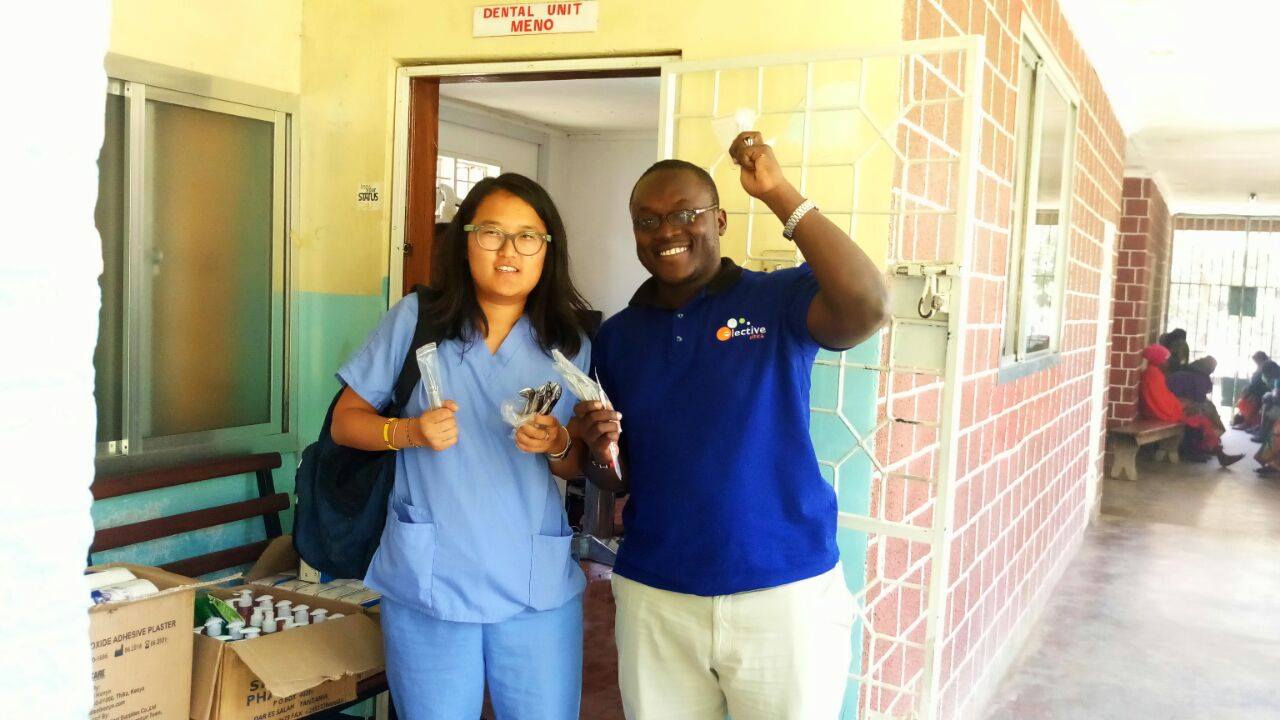 |
|
You can now enroll in our program for Fall and Spring period. There is no cost or commitment to this. It acts as an initial step which is a competitive process which takes into account one’s interest areas and the available areas of shadowing and observership learning. You can enroll at www.electiveafrica.com/apply Back to top |
|
|

 9 2017
9 2017